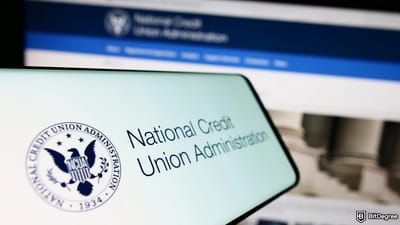Stop overpaying - start transferring money with Ogvio. Sign up, invite friends & grab Rewards now! 🎁
Crypto Exchanges will Require Verification from Digital Wallets in South Korea
The largest crypto exchanges in South Korea, including Bithumb, Korbit, and Upbit will implement verification mechanisms for third-party digital wallet addresses.
Following the updated FATF travel guidelines, major South Korean digital asset exchanges opted to go the way of Coinone which just recently announced that to avoid any money laundering instances, it will not be accepting transactions from unverified wallets.
In fact, these decisions by crypto exchanges were due to the South Korean government issuing a statement regarding the transparency of transactions. The government gave these exchanges until March to ensure that their platforms are secured by identity verification mechanisms.

Did you know?
Subscribe - We publish new crypto explainer videos every week!
ICO vs IDO vs IEO: Which One's the Best? (Easily Explained)


This wasn’t the first regulation that the South Korean government imposed on the country's crypto market. The first part of the crypto regulatory system began in 2018 when all owners of digital wallets required linked bank accounts with real user information.
The South Korean government's compliance with FATF won’t stop there. The Financial Service Commission stated that it will be looking into the possibilities of taxing NFTs, after previously mentioning that there won’t be any regulatory measures on non-fungible tokens.
Even earlier this year, the largest crypto exchanges in South Korea were hit with more anti-money laundering measures imposed by the government. One of them was the ISMS verification requirement that would ensure user wallets are connected to their real bank accounts.
It’s really unclear how far these regulatory measures will go, and if these major exchanges will become directly intertwined with the South Korean government, which obviously defeats the purpose of a decentralized blockchain.




















